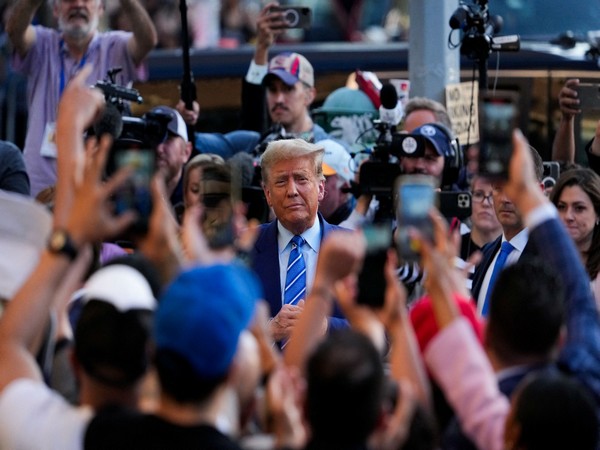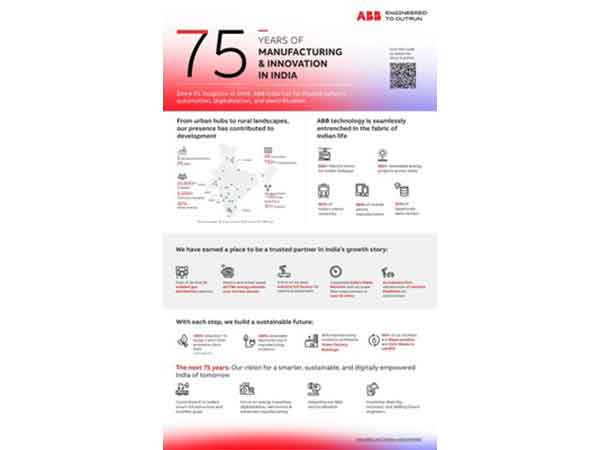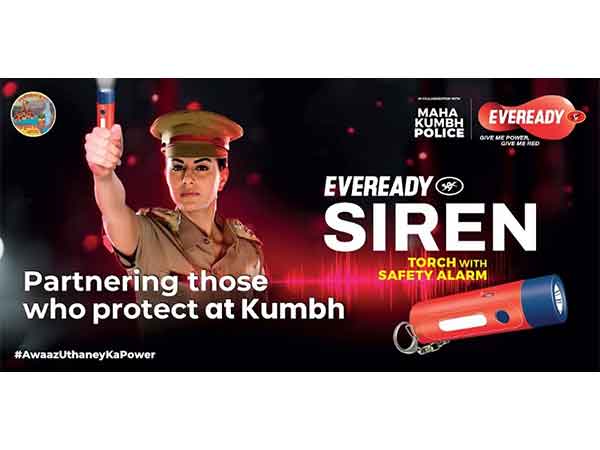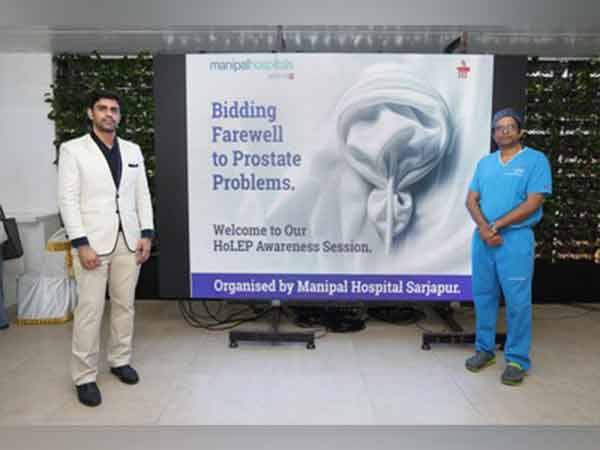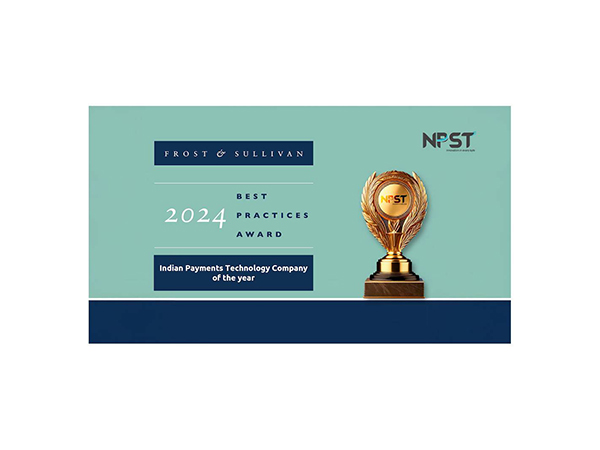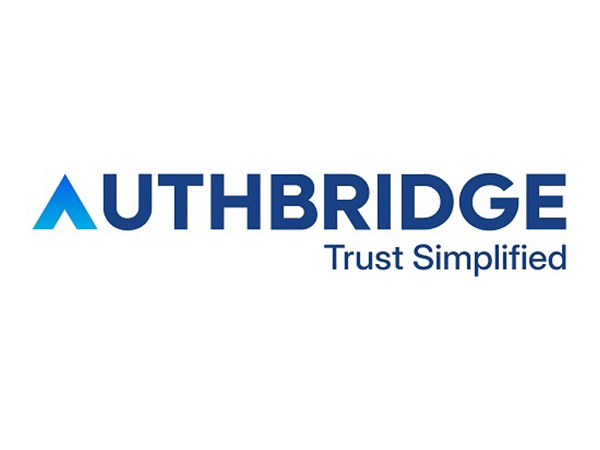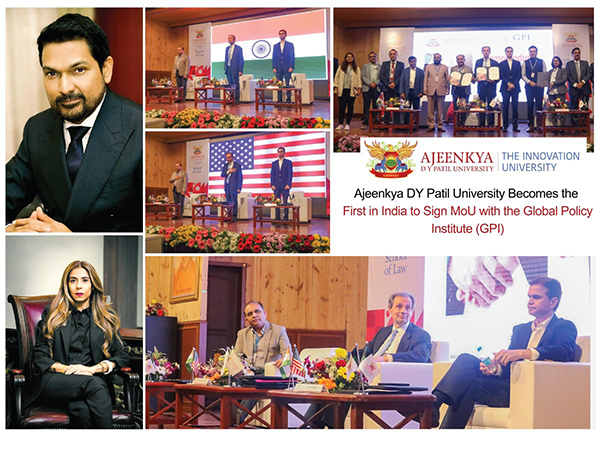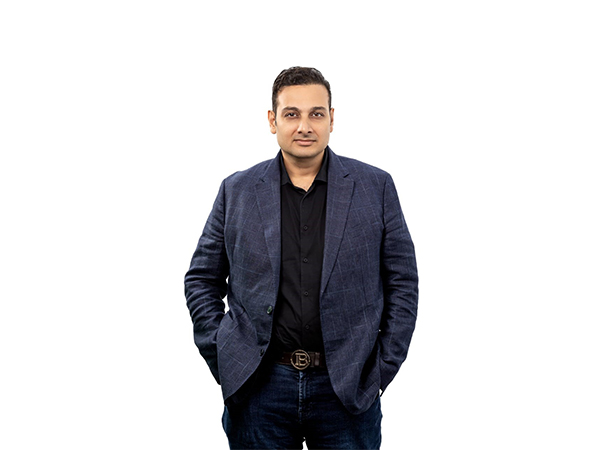Trump trial tests his campaign strategy of embracing bad publicity
Apr 28, 2024
New York [US], April 28: Meetings with foreign dignitaries at Trump Tower. A staged visit to a convenience store in the New York City Democratic stronghold of Harlem.
Daily remarks broadcast on national cable television from outside the courtroom, and a blizzard of angry posts on his Truth Social platform.
In the midst of his New York hush money trial, Republican former president Donald Trump is testing the boundaries of the saying that there is no such thing as bad publicity. Even if you are running for the highest office in the land.
Making his third White House run, Trump is using the elevated media attention to amplify his claims of judicial persecution while simultaneously trying to appear presidential by meeting leaders or envoys from U.S. allies, who have proven willing to call on him despite his facing dozens of charges in four separate criminal cases.
Media are barred from televising Trump's trial and he is a mute observer in the proceedings. Before the trial started on April 15, debate centered on how Trump would balance his candidacy with his dual role as a criminal defendant trapped in court out of public view for most of four days a week.
His movements curtailed, Trump and his campaign have capitalized on the "audience of millions" afforded by cameras that follow his every move, said Republican consultant Jeanette Hoffman, including his staged visits to the convenience store, or bodega, in Harlem and with union workers at a construction site in Midtown Manhattan.
"No campaign would want to have their candidate in the courtroom instead of with voters on the campaign trail," Hoffman said. "But I also think they're smart to maximize their moments of support in front of the camera during the trial."
Still, Trump has not had a campaign rally since the trial started, although two are planned for next week in the battleground states of Michigan and Wisconsin. An incoming storm forced him to abruptly postpone a North Carolina rally on April 20. On his one day off from the trial this week he played golf.
Opinion polls suggest that however Trump tries to make the best of a bad situation, the trial carries political risks. They show some Republican voters could turn against him if he becomes a convicted felon, costing him crucial support in a close Nov. 5 election rematch with Democratic incumbent Joe Biden.
The tawdry details being aired at the trial - the case revolves around payoffs to women Trump is alleged to have slept with - could repel the women voters he needs to win in November, said Tricia McLaughlin, former communications director for former Republican presidential candidate Vivek Ramaswamy.
Source: Fijian Broadcasting Corporation
